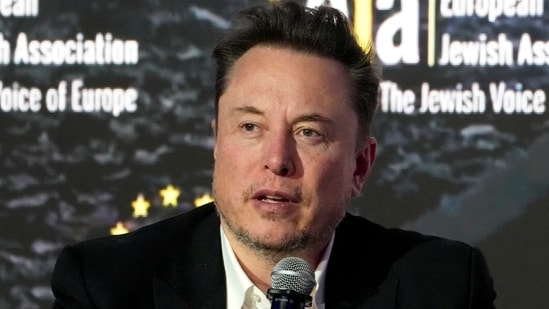Elon Musk’s startup Neuralink has successfully implanted a brain-chip in the first human patient, the company’s billionaire founder Elon Musk said, adding that the patient is recovering well. “Initial results show promising neuron spike detection,” Elon Musk said in a post on the social media platform X.

Spikes are activity by neurons in cells that use electrical and chemical signals to send information around the brain and to the body. The company had received clearance last year to conduct its first trial to test its implant on humans.
But it was earlier reported that monkeys involved in Neuralink’s research had died. According to a report by WIRED in September last year, a medical ethics group called on the US Securities and Exchange Commission (SEC) to investigate Elon Musk’s claims that the monkeys’ deaths were unrelated to Neuralink’s implants. Records point to complications from implant procedures as the cause of their demise, the group said as per the report.
Then, Elon Musk had initially acknowledged the monkey deaths but denied denied any connection between the deaths and Neuralink implants. The subjects were already “close to death” before the experiments began, he had then said.
Neuralink, which was founded in March 2017, quickly acquired a significant number of animal subjects to conduct experiments with its brain-chip implants. These were conducted with the support of the California National Primate Research Center (CNPRC) at UC Davis from September 2017 until late 2020.
As per the WIRED report, Ryan Merkley- leading the Physicians Committee’s research into animal-testing alternatives- said, “They are claiming they are going to put a safe device on the market, and that’s why you should invest. And we see his lie as a way to whitewash what happened in these exploratory studies.”
